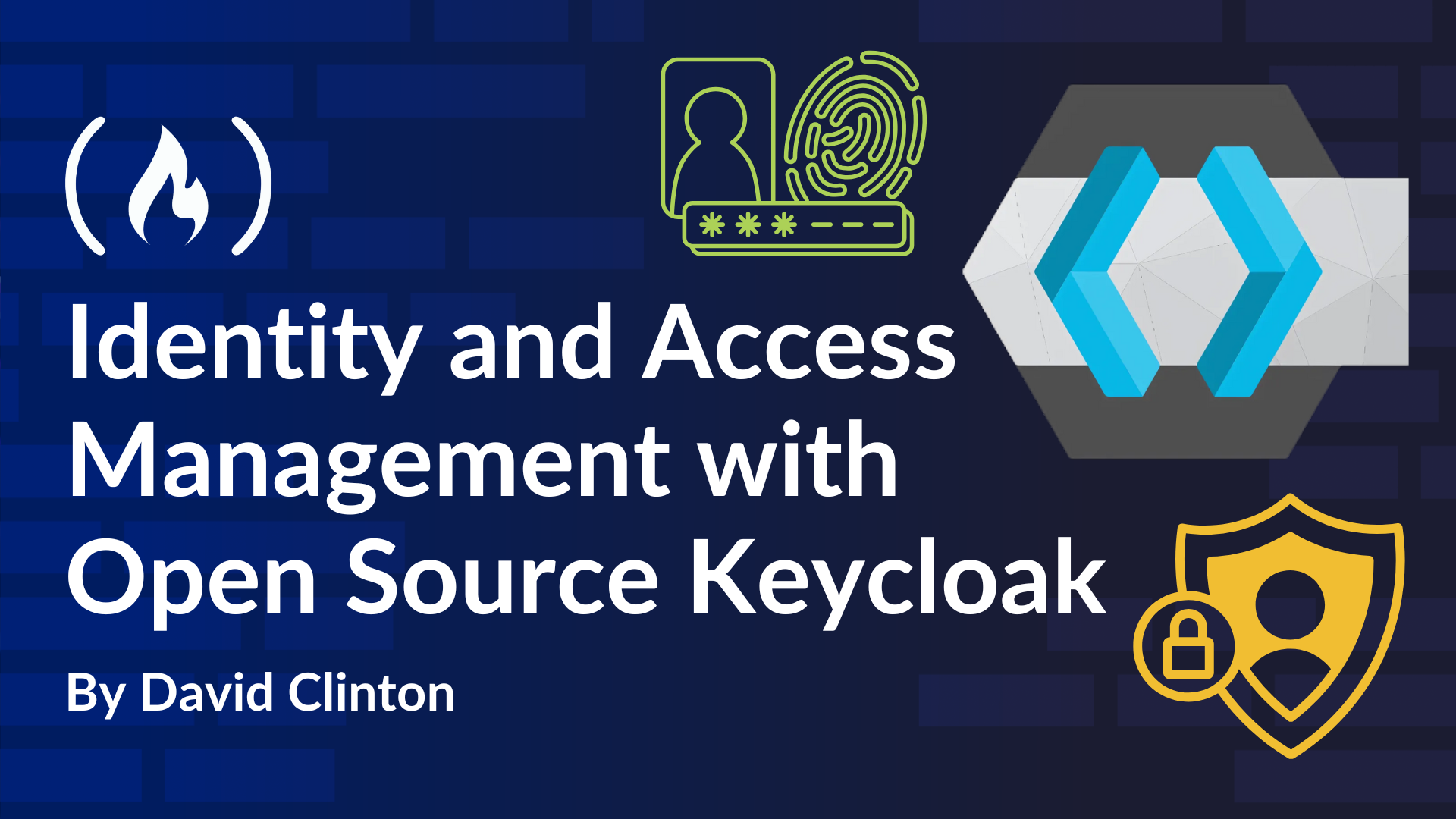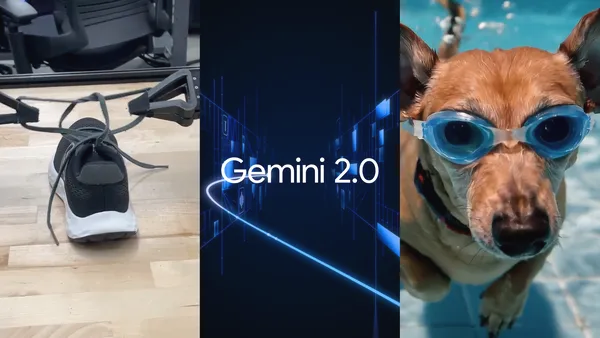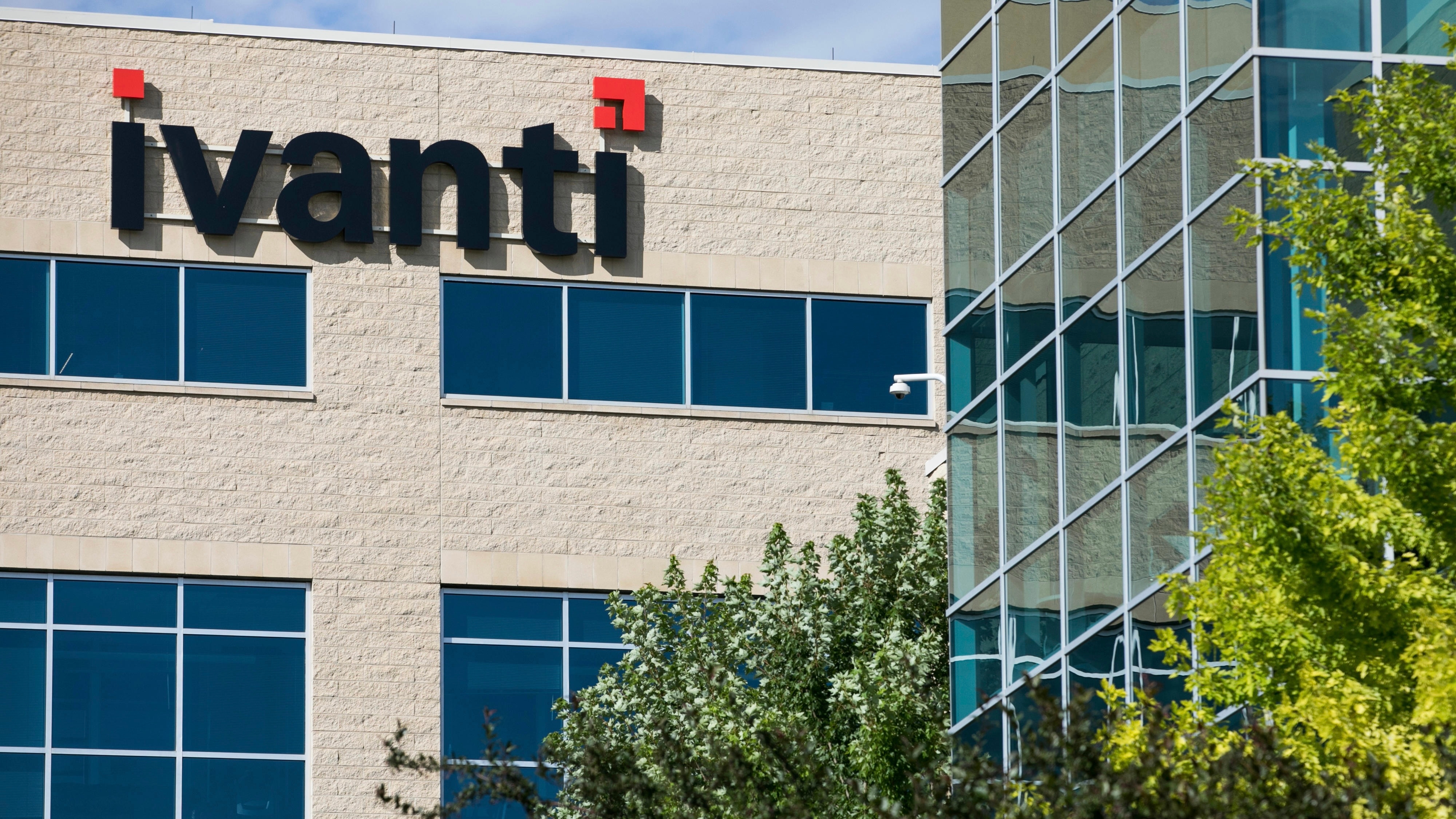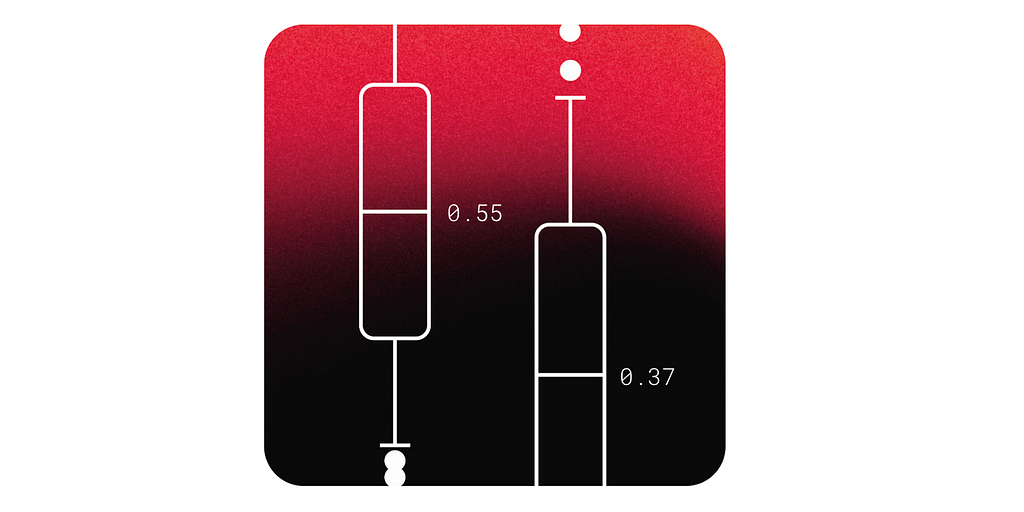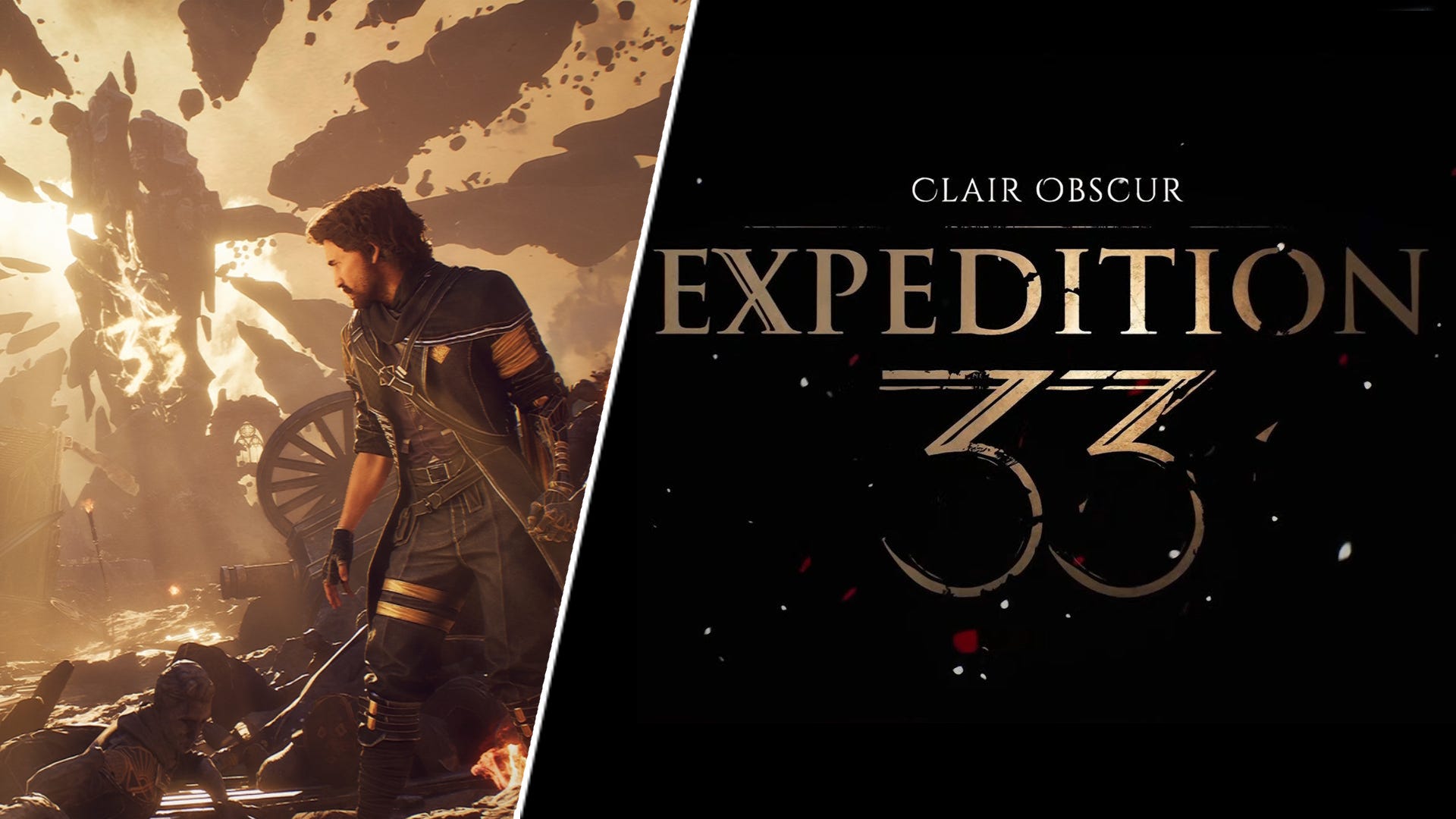Fluent Assertions 8: Corporate License Update
In the ever-changing world of .NET development, testing frameworks are vital in ensuring code quality and reliability. One framework that has gained significant popularity is Fluent Assertions. However, recent developments have caused concerns within the .NET community, prompting developers to rethink their testing strategies. Fluent Assertions is well-known for its expressive and readable syntax, making it a favorite among .NET developers for writing clear and concise unit tests. Its intuitive API allows for natural, language-like assertions, which enhance the understandability and maintainability of test code. Many teams have relied on Fluent Assertions for everything from simple equality checks to complex object comparisons. Nonetheless, the recent announcement of Fluent Assertions 8 has stirred controversy and concern among its users. Introducing a new licensing model for commercial use has led many developers and organizations to reassess their testing approaches. This unexpected change has not only raised questions about the future of the library but also sparked a broader discussion about the sustainability of open-source projects in the .NET ecosystem. As we explore the details of this situation, we will examine the implications of the new licensing model, community reactions, and potential alternatives for developers who depend on Fluent Assertions in their projects. Whether you are a long-time library user or are considering it for your next project, this article will provide valuable insights to help you navigate these changes and make informed decisions about your testing strategy. The New Licensing Model The introduction of Fluent Assertions 8 brings with it a significant change in the library's licensing structure. This new model represents a departure from the previous open-source approach and has important implications for developers and organizations using the framework. Under the new licensing model introduced with little fanfare via a pull request, Fluent Assertions now belongs to Exceed Software. The most notable change is that commercial use of Fluent Assertions 8 requires a paid license. This shift means businesses and developers using the library in commercial projects must purchase a license to continue using the latest version. The new commercial license costs $129.95 per developer per year. This pricing structure impacts organizations, especially those with larger development teams or multiple projects utilizing Fluent Assertions. It's important to note that the new licensing model does not affect all users equally. Fluent Assertions 8 remains free for non-commercial use, including open-source projects. This distinction allows hobbyists, students, and open-source contributors to continue using the library without incurring costs. Introducing this new licensing model significantly shifts the Fluent Assertions ecosystem. It raises questions about the long-term sustainability of open-source projects and the balance between maintaining free access for the community while ensuring financial viability for the project's continued development and maintenance. Community Reaction and Concerns The announcement of Fluent Assertions 8's licensing change has sparked significant backlash within the developer community. Many feel blindsided by the sudden switch, describing it as a "bait and switch" tactic due to the lack of prior communication about the change. Developers have raised ethical concerns about monetizing a library that includes community contributions made under the previous Apache 2.0 license, emphasizing that contributors were unaware their work would later be used for profit. The pricing model—$129.95 per developer annually—has also been criticized as excessive for what many consider a utility library providing syntactic convenience rather than indispensable functionality. This controversy has led to broader discussions about trust in open-source projects, with some fearing that such moves could erode confidence in open-source software. Implications for Developers and Organizations The new licensing model introduces financial and operational challenges for developers and organizations. Commercial users now face increased costs, especially for larger teams, with no transferable licenses allowed between developers. This adds friction to adopting or continuing to use Fluent Assertions in commercial settings. Furthermore, organizations may need to involve legal teams to review the new licensing terms, creating additional overhead. The sudden nature of this change forces teams to reassess their dependencies on Fluent Assertions, potentially delaying projects or requiring migration efforts. For many, this situation underscores the risks of relying heavily on third-party libraries without clear long-term sustainability plans. Alternatives and Recommendations In light of these changes, developers have several options moving forward.

In the ever-changing world of .NET development, testing frameworks are vital in ensuring code quality and reliability. One framework that has gained significant popularity is Fluent Assertions. However, recent developments have caused concerns within the .NET community, prompting developers to rethink their testing strategies.
Fluent Assertions is well-known for its expressive and readable syntax, making it a favorite among .NET developers for writing clear and concise unit tests. Its intuitive API allows for natural, language-like assertions, which enhance the understandability and maintainability of test code. Many teams have relied on Fluent Assertions for everything from simple equality checks to complex object comparisons.
Nonetheless, the recent announcement of Fluent Assertions 8 has stirred controversy and concern among its users. Introducing a new licensing model for commercial use has led many developers and organizations to reassess their testing approaches. This unexpected change has not only raised questions about the future of the library but also sparked a broader discussion about the sustainability of open-source projects in the .NET ecosystem.
As we explore the details of this situation, we will examine the implications of the new licensing model, community reactions, and potential alternatives for developers who depend on Fluent Assertions in their projects. Whether you are a long-time library user or are considering it for your next project, this article will provide valuable insights to help you navigate these changes and make informed decisions about your testing strategy.
The New Licensing Model
The introduction of Fluent Assertions 8 brings with it a significant change in the library's licensing structure. This new model represents a departure from the previous open-source approach and has important implications for developers and organizations using the framework.
Under the new licensing model introduced with little fanfare via a pull request, Fluent Assertions now belongs to Exceed Software. The most notable change is that commercial use of Fluent Assertions 8 requires a paid license. This shift means businesses and developers using the library in commercial projects must purchase a license to continue using the latest version.
The new commercial license costs $129.95 per developer per year. This pricing structure impacts organizations, especially those with larger development teams or multiple projects utilizing Fluent Assertions.
It's important to note that the new licensing model does not affect all users equally. Fluent Assertions 8 remains free for non-commercial use, including open-source projects. This distinction allows hobbyists, students, and open-source contributors to continue using the library without incurring costs.
Introducing this new licensing model significantly shifts the Fluent Assertions ecosystem. It raises questions about the long-term sustainability of open-source projects and the balance between maintaining free access for the community while ensuring financial viability for the project's continued development and maintenance.
Community Reaction and Concerns
The announcement of Fluent Assertions 8's licensing change has sparked significant backlash within the developer community. Many feel blindsided by the sudden switch, describing it as a "bait and switch" tactic due to the lack of prior communication about the change.
Developers have raised ethical concerns about monetizing a library that includes community contributions made under the previous Apache 2.0 license, emphasizing that contributors were unaware their work would later be used for profit. The pricing model—$129.95 per developer annually—has also been criticized as excessive for what many consider a utility library providing syntactic convenience rather than indispensable functionality.
This controversy has led to broader discussions about trust in open-source projects, with some fearing that such moves could erode confidence in open-source software.
Implications for Developers and Organizations
The new licensing model introduces financial and operational challenges for developers and organizations. Commercial users now face increased costs, especially for larger teams, with no transferable licenses allowed between developers. This adds friction to adopting or continuing to use Fluent Assertions in commercial settings.
Furthermore, organizations may need to involve legal teams to review the new licensing terms, creating additional overhead. The sudden nature of this change forces teams to reassess their dependencies on Fluent Assertions, potentially delaying projects or requiring migration efforts. For many, this situation underscores the risks of relying heavily on third-party libraries without clear long-term sustainability plans.
Alternatives and Recommendations
In light of these changes, developers have several options moving forward. The simplest short-term solution is to lock dependencies to Fluent Assertions version 7, which remains under the Apache 2.0 license and allows free commercial use; for those seeking alternatives, libraries like Shouldly offer similar functionality with a fluent interface, while testing frameworks like xUnit, NUnit, and MSTest provide built-in assertion APIs that can serve as replacements.
Teams may also consider implementing custom assertion methods tailored to their specific needs if their reliance on Fluent Assertions is limited. In the long term, organizations should evaluate whether fluent assertions are essential to their workflows and explore strategies to reduce dependency on third-party tools whenever possible.
Broader Open Source Concerns
This situation highlights ongoing challenges in the open-source ecosystem, particularly around sustainability and monetization. While open source has brought immense value to software development, maintaining large projects often becomes an unpaid burden for contributors.
These shifts raise questions about how open-source projects can balance accessibility with financial viability without alienating their user base. Moreover, frequent licensing changes risk eroding trust in open-source software, prompting companies to scrutinize dependencies more closely before adopting them.
Wrapping it all up
The licensing change for Fluent Assertions 8 marks a significant turning point for one of .NET's most popular testing libraries. It serves as a cautionary tale for developers relying on open-source tools. While this move addresses sustainability challenges, it has also sparked widespread criticism and uncertainty within the community. Developers must now weigh their options carefully—whether sticking with version 7, migrating to alternatives like Shouldly, or reevaluating their reliance on fluent assertions altogether.
This incident underscores the importance of staying informed about the dependencies we rely on and fostering discussions about sustainable open-source models that benefit maintainers and users alike.
What's Your Reaction?

















